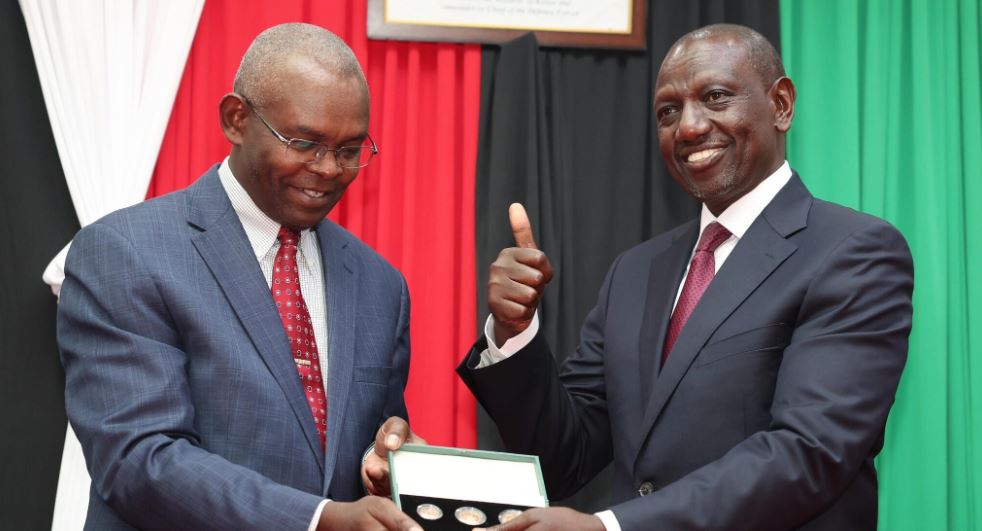 The governments of Kenya and China yesterday signed a deal for the construction of the multibillion Standard Gauge Railway project. Upon completion in 2018, it will be the single most expensive project ever undertaken on Kenyan soil, perhaps awaiting the completion of the Lapsset Project.
The governments of Kenya and China yesterday signed a deal for the construction of the multibillion Standard Gauge Railway project. Upon completion in 2018, it will be the single most expensive project ever undertaken on Kenyan soil, perhaps awaiting the completion of the Lapsset Project.
What exactly does this project, which by the way has added Sh300 billion to Kenya’s debt burden, entail.
Here’s everything you need to know.
HIGHLIGHTS OF THE STANDARD GAUGE RAILWAY SIGNED ON SUNDAY
1. Purpose – Provide efficient, reliable, safe and cost effective rail transport for both freight and passenger and passengersin order to reduce the cost of transport hence the cost of doing business translating into making Kenya a competitive Investment destination
2. Starting Point – Mombasa Port
3. End Point – Nairobi (at Embakasi to ICD)
4. Gauge – Standard Gauge (1,435mm)
5. Design and Construction Standard – Class 1 Chinese Standard (Robust and low maintainance cost)
6. Axel Load 25 Tonnes (Minimum)
7. Number of Tracks – Single Track with 33 crossing stations each loop line measuring 1.2km long
8. Total Track Length -609.3KM
9. Main Freight Stations – Mombasa Port and Nairobi (at Embakasi)
10. Main Passenger Stations – Mombasa and Nairobi (at Embakasi)
11. Intermediate Passenger Stations – Mariakani, Voi, Mtito Andei, Sultan Hamud and Athi River
12. Design Speeds – Freight Trains = 80Kph
Passenger Trains =120kph
13. Trailing Load per train = 4,000 tonnes (216TEUs)
14. Transit Time Freight Time = 8 hours
Passenger time 4 hours and 30 minutes
15. Motive Power Type -Diesel initially – future electrification
16. Initial number of locomotives and rolling stock – Locomotives =56
-Freight Wagons -1,620
-Passenger Coaches=40
17. Loading Gauge – Double Stack Containers and electrification
18. Estimated cost of the Project and financing – Cost $3.804b
-China – 90%
– GOK – 10%
19. Contractor – China Road and Bridge corporation
20. Start Date of the Construction – 1st October 2014
21. Estimated period for construction – 42 months






